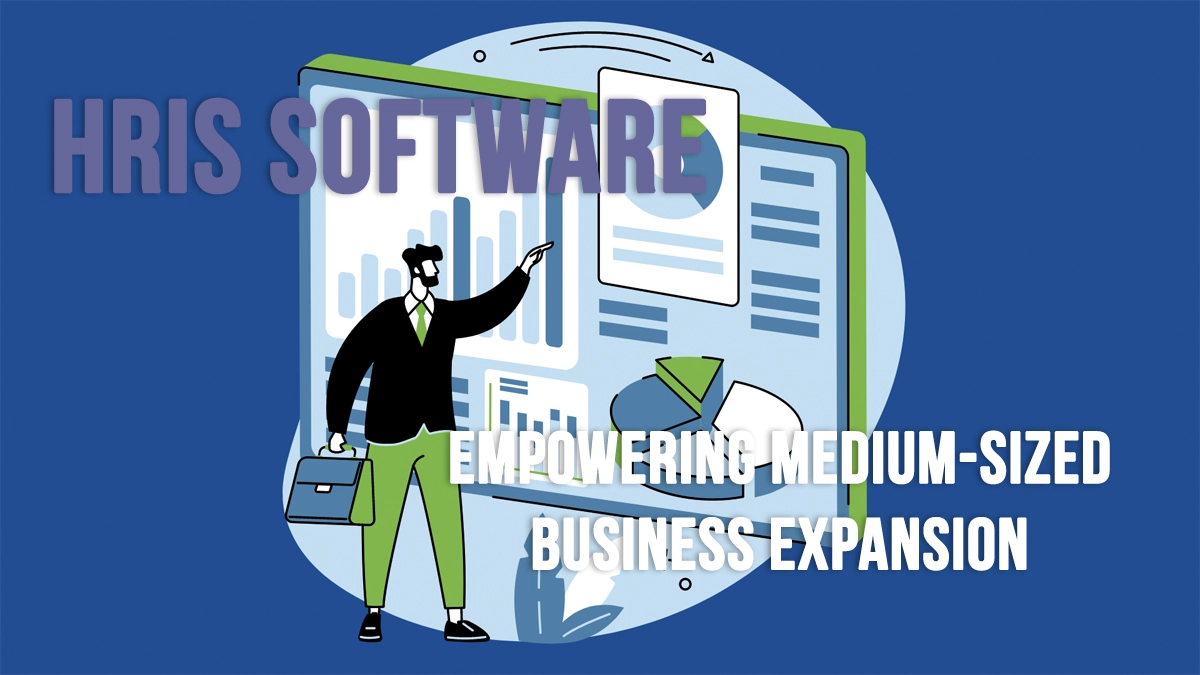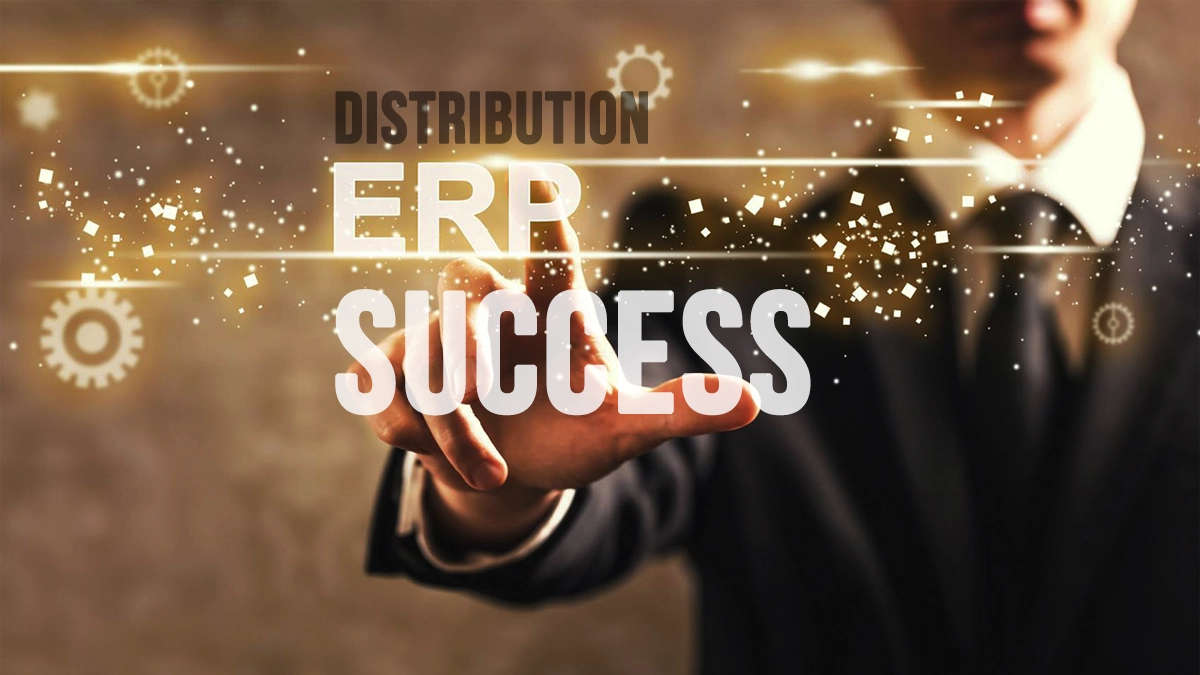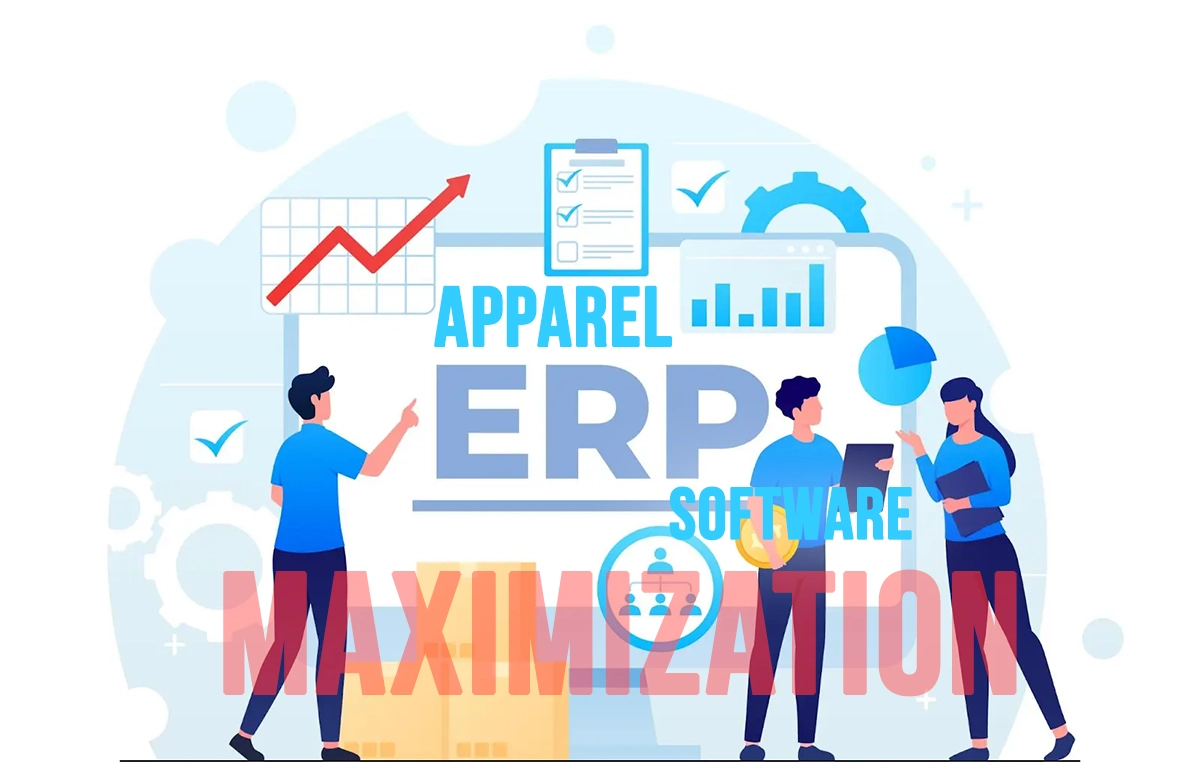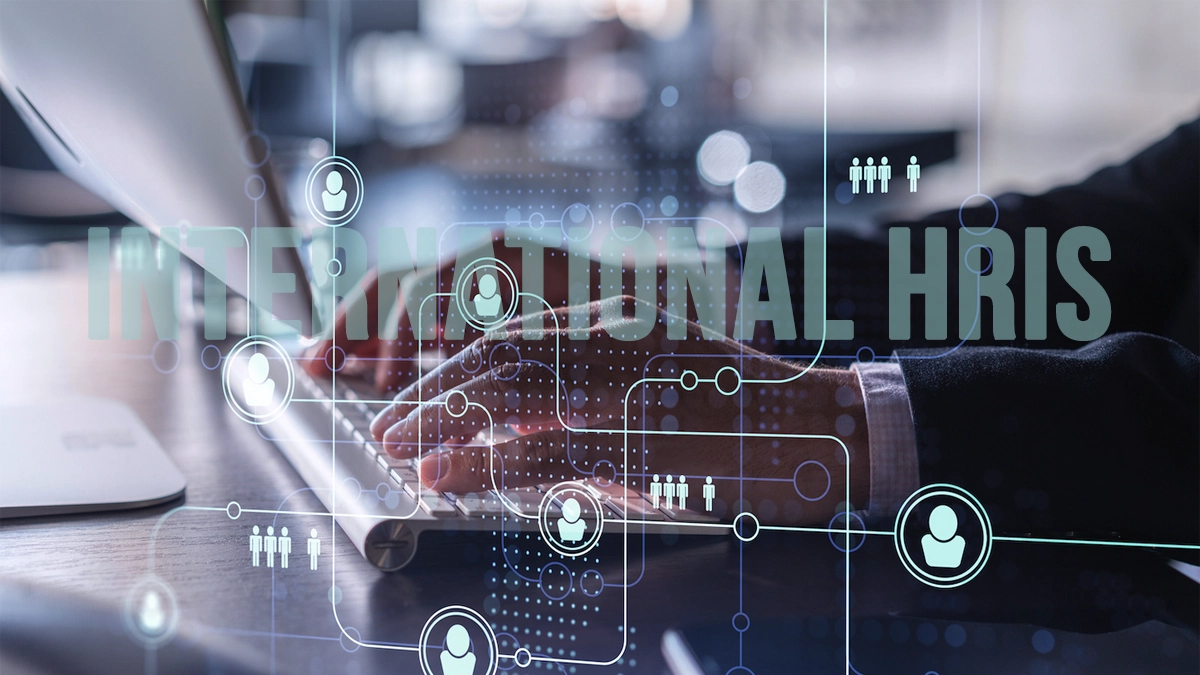How AI is Transforming HRIS[1] – The world of Human Resource Information Systems (HRIS) is undergoing a significant transformation, driven by the advancements in Artificial Intelligence (AI). This transformation is not just a trend but a revolutionary shift in how organizations manage their human resources.
AI’s integration into HRIS offers unprecedented opportunities for efficiency, accuracy, and strategic decision-making. In this article, we will explore the various ways AI is reshaping HRIS, from recruitment and onboarding to employee engagement and data management.
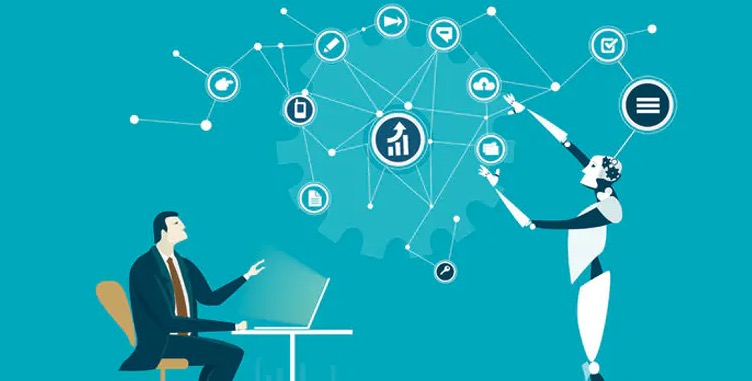
The Evolution of HRIS with AI
Historical Context of HRIS
Human Resource Information Systems have been around for decades, initially serving as simple databases to store employee information. Over time, these systems evolved to include more complex functionalities such as payroll management, benefits administration, and compliance tracking. However, these traditional systems often struggled with data overload and inefficiency.
Introduction of AI in HRIS
The introduction of AI in HRIS marked a pivotal moment in the evolution of human resources management. AI brought automation, predictive analytics, and machine learning capabilities that transformed HRIS from mere record-keeping tools to powerful strategic assets. These advancements enabled HR professionals to focus more on strategic tasks rather than administrative ones.
Current Trends in AI-Driven HRIS
Today, AI-driven HRIS is characterized by intelligent automation, personalized employee experiences, and data-driven decision-making. Organizations are leveraging AI to enhance various HR functions, making them more efficient, accurate, and insightful. The integration of AI in HRIS is no longer a luxury but a necessity for organizations aiming to stay competitive.
Recruitment and Talent Acquisition
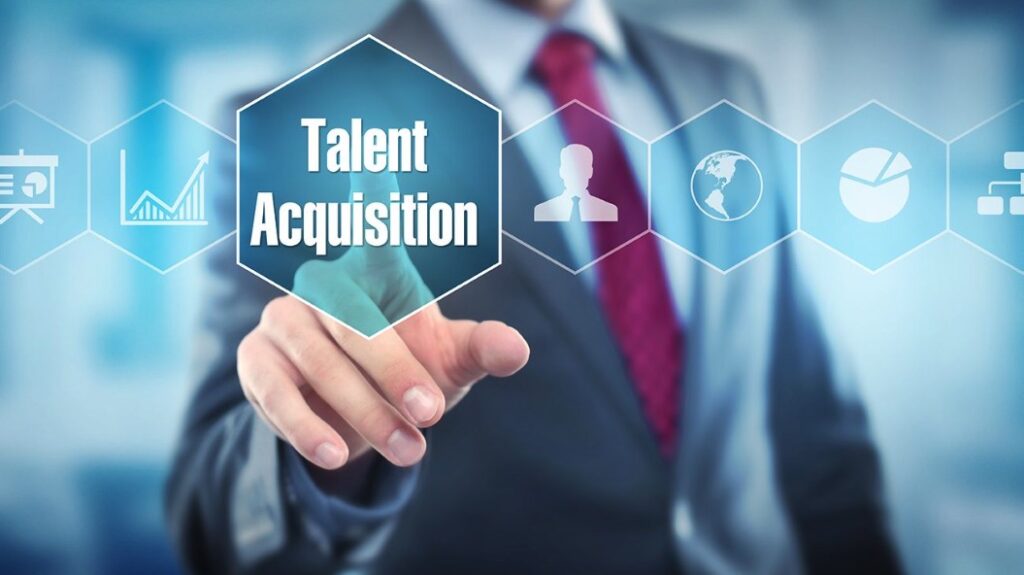
AI in Resume Screening
One of the most significant applications of AI in HRIS is in resume screening. Traditional resume screening processes are time-consuming and prone to human bias. AI algorithms can quickly scan and analyze resumes, identifying the most suitable candidates based on predefined criteria. This not only speeds up the hiring process but also ensures a more objective evaluation of candidates.
Enhancing Candidate Experience
AI-driven chatbots and virtual assistants are revolutionizing the candidate experience. These tools can answer queries, schedule interviews, and provide real-time updates, ensuring that candidates remain engaged and informed throughout the recruitment process. By automating these interactions, HR departments can focus on more complex tasks while maintaining a positive candidate experience.
Predictive Analytics in Hiring
Predictive analytics powered by AI can help HR professionals make more informed hiring decisions. By analyzing historical data and identifying patterns, AI can predict which candidates are likely to be successful in a particular role. This reduces the risk of bad hires and increases the overall quality of the workforce.
Onboarding and Training
Streamlined Onboarding Processes
AI can significantly streamline the onboarding process by automating administrative tasks such as document verification, benefits enrollment, and compliance training. This ensures a smoother and more efficient onboarding experience for new hires, allowing them to become productive members of the team more quickly.
Personalized Training Programs
AI-driven HRIS can create personalized training programs tailored to the specific needs of each employee. By analyzing individual performance data and learning preferences, AI can recommend relevant training modules and resources. This not only enhances employee development but also ensures that training is aligned with organizational goals.
Continuous Learning and Development
Continuous learning is crucial in today’s fast-paced work environment. AI-powered HRIS can facilitate continuous learning by providing employees with access to relevant content and resources based on their career aspirations and job requirements. This promotes a culture of lifelong learning and helps employees stay competitive in their respective fields.
Employee Engagement and Retention

AI in Employee Feedback How AI is Transforming HRIS
Collecting and analyzing employee feedback is essential for improving engagement and retention. AI can automate the process of gathering feedback through surveys and sentiment analysis tools. By analyzing this data, HR professionals can identify trends and address issues before they escalate, fostering a more positive work environment.
Predicting Employee Turnover
AI can also predict employee turnover by analyzing various factors such as job satisfaction, performance metrics, and engagement levels. By identifying employees at risk of leaving, HR departments can take proactive measures to retain top talent. This not only reduces turnover costs but also maintains a stable and motivated workforce.
Enhancing Employee Experience
AI-driven HRIS can enhance the overall employee experience by providing personalized recommendations and support. From suggesting career development opportunities to offering wellness resources, AI ensures that employees feel valued and supported throughout their tenure. This, in turn, boosts morale and productivity.
Performance Management
Objective Performance Evaluations
Traditional performance evaluations are often subjective and prone to bias. AI can bring objectivity to this process by analyzing performance data and providing unbiased assessments. This ensures fair evaluations and helps identify areas for improvement, leading to more accurate and constructive feedback.
Real-Time Performance Monitoring
AI-driven HRIS allows for real-time performance monitoring, providing managers with up-to-date information on employee performance. This enables timely interventions and support, ensuring that employees stay on track to meet their goals. Real-time monitoring also helps in recognizing and rewarding high performers.
Goal Setting and Tracking
Effective goal setting and tracking are essential for employee development and organizational success. AI can facilitate this process by helping managers set SMART (Specific, Measurable, Achievable, Relevant, Time-bound) goals and track progress. This ensures alignment between individual and organizational objectives and promotes a culture of accountability.
Compensation and Benefits
Optimizing Compensation Strategies
AI can optimize compensation strategies by analyzing market trends, employee performance, and budget constraints. This ensures that compensation packages are competitive and aligned with organizational goals. By offering fair and attractive compensation, organizations can attract and retain top talent.
Benefits Administration
Managing employee benefits can be complex and time-consuming. AI-driven HRIS can simplify benefits administration by automating enrollment, tracking usage, and providing personalized recommendations. This not only reduces administrative burden but also ensures that employees are making the most of their benefits.
Ensuring Compliance
Compliance with labor laws and regulations is critical for any organization. AI can help ensure compliance by monitoring changes in regulations and automatically updating policies and procedures. This reduces the risk of legal issues and ensures that the organization remains in good standing with regulatory bodies.
Workforce Analytics
Data-Driven Decision Making
AI-driven HRIS provides HR professionals with access to comprehensive workforce analytics, enabling data-driven decision-making. By analyzing various HR metrics such as turnover rates, employee satisfaction, and performance trends, organizations can make informed decisions that drive strategic objectives.
Predictive Workforce Planning
How AI is Transforming HRIS Predictive workforce planning is another area where AI is making a significant impact. By analyzing historical data and predicting future trends, AI can help organizations anticipate workforce needs and develop strategies to address them. This ensures that the organization has the right talent in place to meet future demands.
Identifying Skill Gaps
AI can also help identify skill gaps within the organization by analyzing employee performance data and industry trends. This enables HR professionals to develop targeted training programs and recruitment strategies to address these gaps. By ensuring that the workforce possesses the necessary skills, organizations can stay competitive in their respective industries.
Diversity and Inclusion
Promoting Diversity in Hiring
AI can promote diversity in hiring by eliminating unconscious bias from the recruitment process. By focusing on objective criteria and analyzing a diverse range of candidates, AI ensures a fair and inclusive hiring process. This not only enhances organizational diversity but also fosters a more innovative and creative workforce.
Monitoring Workplace Diversity
AI-driven HRIS can monitor workplace diversity by analyzing various metrics such as gender, ethnicity, and age distribution. This enables HR professionals to track progress towards diversity goals and identify areas for improvement. By promoting a diverse and inclusive work environment, organizations can enhance employee satisfaction and performance.
Ensuring Inclusive Practices
AI can help ensure inclusive practices by analyzing employee feedback and identifying areas where the organization can improve. By addressing these issues proactively, HR departments can create a more inclusive work environment that values and respects all employees. This, in turn, enhances employee engagement and retention.
Remote Work and Flexibility
Supporting Remote Work
How AI is Transforming HRIS The rise of remote work has necessitated changes in HR practices. AI-driven HRIS can support remote work by automating administrative tasks, facilitating virtual onboarding, and providing remote training resources. This ensures that remote employees receive the same level of support and engagement as their in-office counterparts.
Enhancing Flexibility
AI can enhance workplace flexibility by providing personalized recommendations for work schedules and projects. This ensures that employees can balance their work and personal lives more effectively. By promoting flexibility, organizations can improve employee satisfaction and productivity.
Monitoring Remote Performance
How AI is Transforming HRIS Monitoring remote performance can be challenging, but AI can make it easier. By analyzing performance data and providing real-time feedback, AI ensures that remote employees stay on track and receive the support they need. This promotes accountability and ensures that remote work is as productive as possible.
Future of AI in HRIS
Emerging Technologies
The future of AI in HRIS is bright, with emerging technologies such as natural language processing, augmented reality, and blockchain poised to make a significant impact. These technologies will further enhance the capabilities of AI-driven HRIS, making them more efficient, secure, and user-friendly.
Ethical Considerations
As AI continues to transform HRIS, it is essential to consider the ethical implications. Issues such as data privacy, bias, and transparency must be addressed to ensure that AI is used responsibly and ethically. By implementing robust policies and practices, organizations can harness the power of AI while safeguarding employee rights.
Preparing for the Future
Organizations must prepare for the future by investing in AI-driven HRIS and upskilling their HR professionals. This involves staying informed about the latest trends, adopting best practices, and fostering a culture of continuous learning. By doing so, organizations can remain competitive and leverage the full potential of AI in HRIS.
Conclusion
The integration of AI into HRIS is transforming the way organizations manage their human resources. From recruitment and onboarding to performance management and employee engagement, AI-driven HR
IS offers numerous benefits that enhance efficiency, accuracy, and strategic decision-making. As technology continues to evolve, organizations must embrace these advancements to stay competitive and create a more dynamic, inclusive, and productive work environment.
Reference
- https://en.wikipedia.org/wiki/Artificial_intelligence_in_hiring
